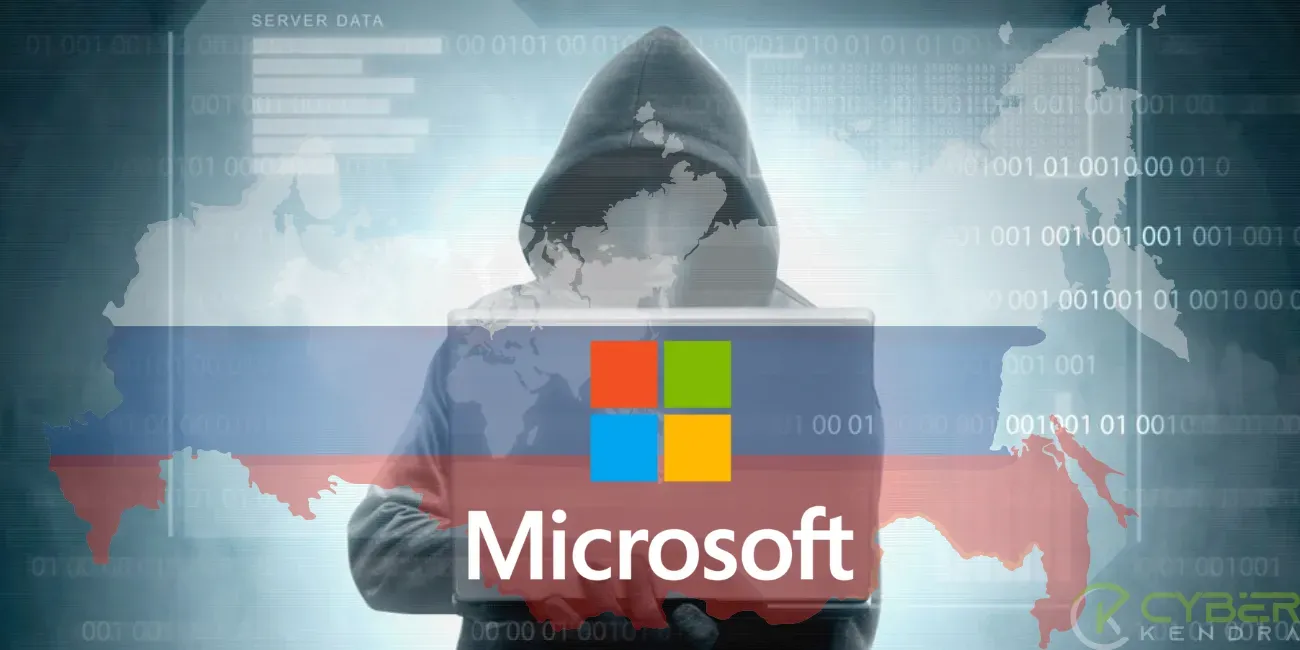In a significant cybersecurity breach, Russian state-sponsored hackers reportedly gained unauthorized access to the emails of senior leadership at Microsoft. The incident raises concerns about the security of sensitive corporate communications and the increasing sophistication of state-sponsored cyber threats. Here are the key details:
Russian state-sponsored hackers successfully infiltrated the email accounts of Microsoft’s senior leadership. The attackers managed to compromise the security measures in place, gaining unauthorized access to sensitive communication channels. Scope of the Breach: The extent of the breach and the specific information accessed by the hackers remain under investigation. It is unclear how long the unauthorized access persisted and whether any sensitive data or intellectual property was compromised.
Attribution to Russian Hackers: While the investigation is ongoing, preliminary findings point to the involvement of Russian state-sponsored hackers. Such attacks are often attributed to advanced persistent threat (APT) groups with ties to nation-states. The motive behind the cyber intrusion is not yet clear, but state-sponsored attacks often aim to gather intelligence, gain a strategic advantage, or disrupt operations. The incident underscores the ongoing challenges posed by nation-state actors in cyberspace.
Microsoft’s Response: Microsoft has acknowledged the security incident and is actively working to address the breach. The company is collaborating with cybersecurity experts and law enforcement agencies to investigate the extent of the compromise and enhance security measures. Evolving Cybersecurity Landscape: The incident highlights the evolving nature of cybersecurity threats, especially when orchestrated by well-funded and sophisticated state-sponsored actors. Organizations, even those with robust cybersecurity measures, remain vulnerable to persistent and targeted attacks.
Global Concerns: Cybersecurity breaches with potential state involvement raise international concerns about the need for diplomatic efforts to address such activities. Governments and private sector entities continue to grapple with the challenge of deterring and responding to state-sponsored cyber threats.
Continuous Vigilance: The Microsoft breach serves as a reminder of the importance of continuous vigilance, threat intelligence sharing, and proactive cybersecurity measures. Organizations must adapt and enhance their defenses to mitigate the risks associated with advanced cyber threats.
In conclusion, the unauthorized access to Microsoft’s senior leadership emails by Russian state-sponsored hackers highlights the persistent and sophisticated nature of cybersecurity threats faced by major corporations. The incident emphasizes the ongoing need for robust cybersecurity practices and international collaboration to address such challenges.



